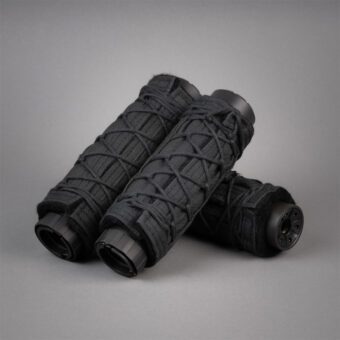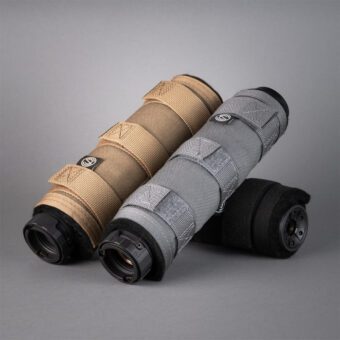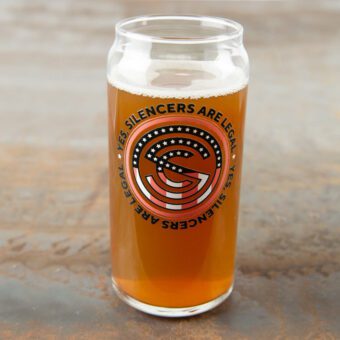Suppressors and Shooting Range Etiquette
William Lawson
Suppressors almost invariably make shooting better. They ease recoil and reduce noise. These advantages benefit not only the shooter, but also other folks at the shooting range. After all, unless you’re shooting alone, the range is a public venue. Even private ranges are somewhat public. The clientele is just a little more exclusive.
The somewhat lighter recoil a suppressor provides can aid accuracy something everyone appreciates—especially those in the neighboring lanes. However, noise reduction is the most significant advantage a suppressor brings to the range. Indoor ranges are notoriously loud, even when they aren’t crowded. When every lane is occupied, the cacophony can be truly spectacular.
Even large outdoor ranges can get noisy, depending on the number of shooters and their equipment. I can always tell, for instance, when someone is shooting a big bore revolver or a Mosin Nagant carbine. Then there was the time when the guy next to me had a Draco pistol — I moved further away. Ranges can be annoying places, but courtesy goes a long way, and proper conduct can mitigate that for you and those around you.
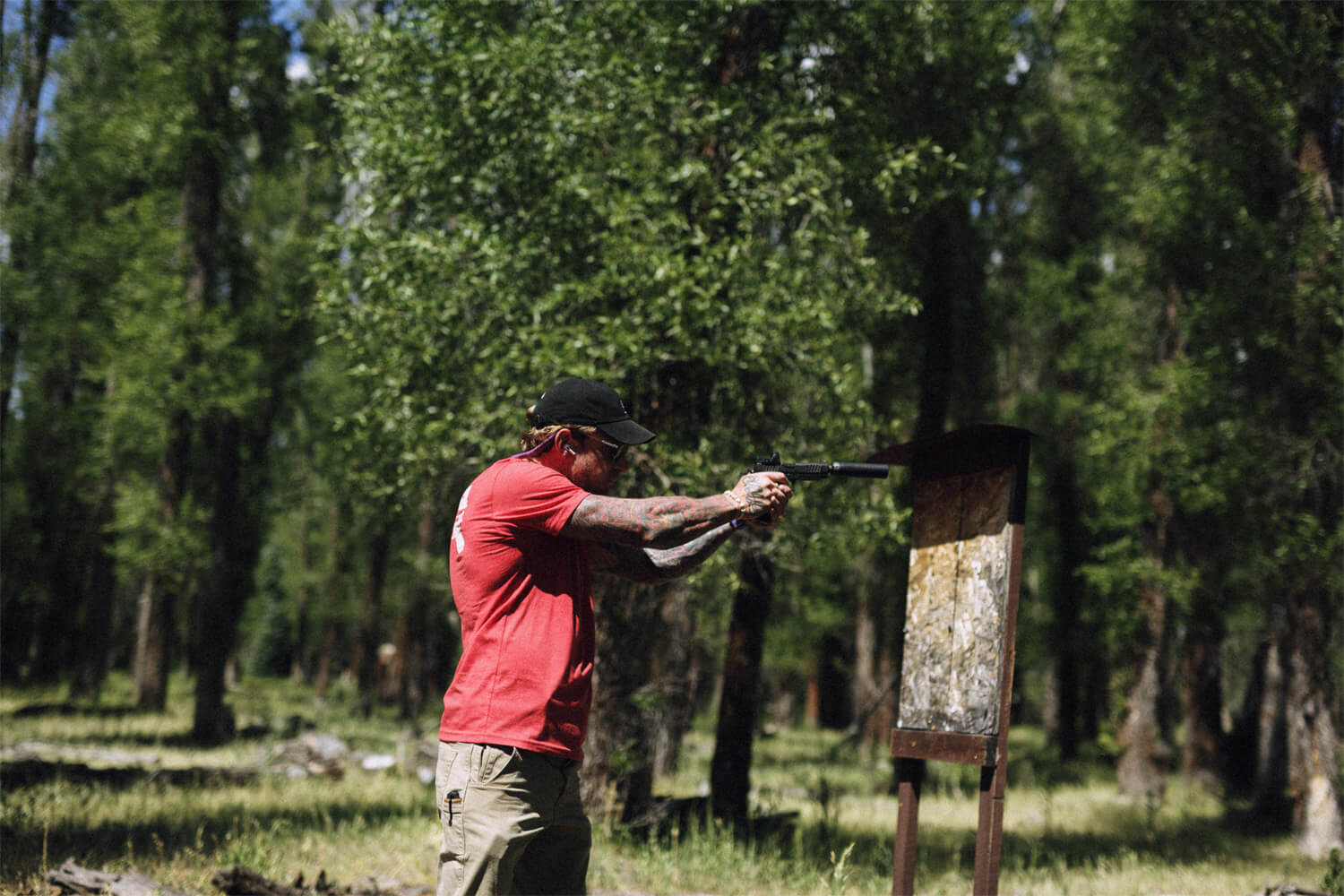
Basic Range Etiquette
Shooting ranges, whether public or private, have specific etiquette that helps ensure a safe and enjoyable experience. While rules can vary, here are some basic guidelines to follow:
- Follow Safety Rules: Always adhere to fundamental firearm safety practices and any specific range rules.
- Be Courteous: Respect fellow shooters and their space.
- Stay in Your Lane: Maintain your position in your designated shooting lane, especially indoors. On a less crowded outdoor range, you can spread out a bit more, but be mindful of others.
- Observe Range Status: Pay attention to when the range is “hot” or “cold.” When the range is cold, remove the magazine, clear the chamber, and keep the action open. Lay your firearm down and avoid handling it until the range is hot again.
- Make the Most of Cold Time: Use the time when the range is cold to set up or retrieve targets, pick up brass, and handle other tasks. Avoid interrupting others by asking to go cold repeatedly if you’ve had previous opportunities to complete your tasks.
By following these practices, you’ll contribute to a positive environment and ensure a smooth experience for everyone at the range.
Shooting Suppressed at the Range
A suppressor enhances your range experience by reducing both noise and recoil. Lower recoil can improve your accuracy, making your training more effective and potentially saving ammo during zeroing. Noise reduction is crucial for protecting your hearing; even with ear protection, firearm noise is loud, and reducing it by 7 or 8 decibels makes a significant difference. Additionally, suppressors diminish the concussive force of gunfire, leading to better focus and improved shooting results.
Those benefits extend to other shooters as well. For example, I was recently testing a new rifle right next to a gentleman zeroing a deer rifle. I appreciated that he had a suppressor. My rifle couldn’t accomodate one, so I was unable to return the favor, but his suppressor helped us both.
Reducing your firearm’s noise level when possible is among the most courteous actions you can take on the range. This is especially appreciated at indoor ranges where lanes are typically closer together and the noise cannot escape so easily as it can outdoors — sound-absorbing material can only do so much. All of those factors combine for a very loud environment. By minimizing noise, you contribute to a more comfortable environment for everyone.
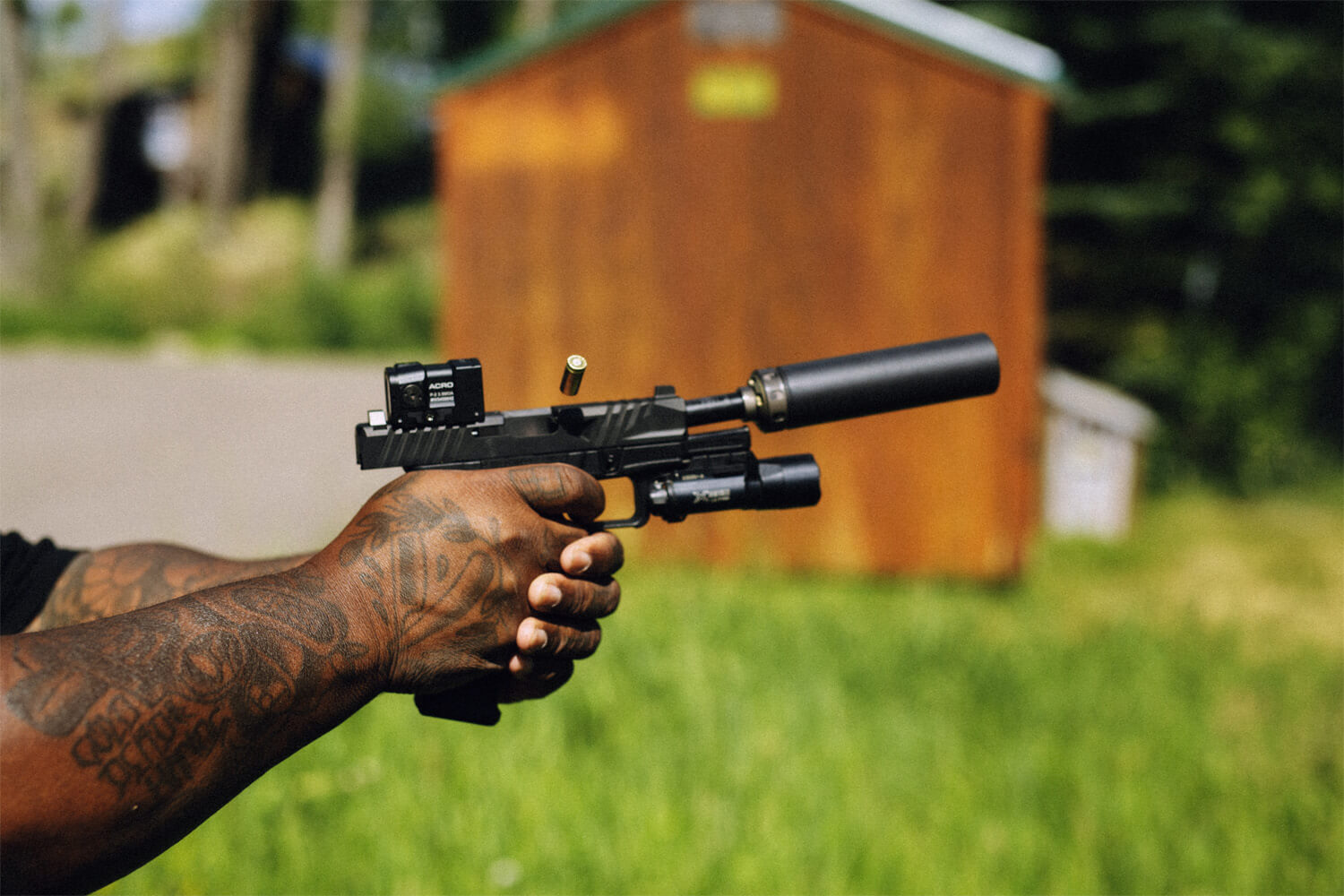
Proper Equipment
Maximizing your range time starts with having the right gear. Always bring essential safety equipment like eye protection, gloves, and ear protection. Even when shooting with a suppressor, ear protection is still necessary. While some suppressors reduce noise to a safe level, it’s unlikely that everyone at the range will have one, and even lower noise levels can still harm your hearing over time. Protect yourself while being courteous to others.
Ensure you have the proper gear for your suppressor, including any necessary attachments and tools. Attaching your suppressor correctly is crucial—improper attachment can lead to dangerous situations, such as a suppressor detaching and being damaged by gunfire. Even if it doesn’t detach, you risk baffle strikes and other damage. Take the extra moment to secure it properly and double-check your work.
A suppressor cover is another key safety item. Suppressors heat up quickly, and a cover helps prevent burns or damage to gear. While gloves offer some protection, they aren’t a substitute for a good suppressor cover. A cover also protects others at the range who might accidentally touch your hot suppressor.
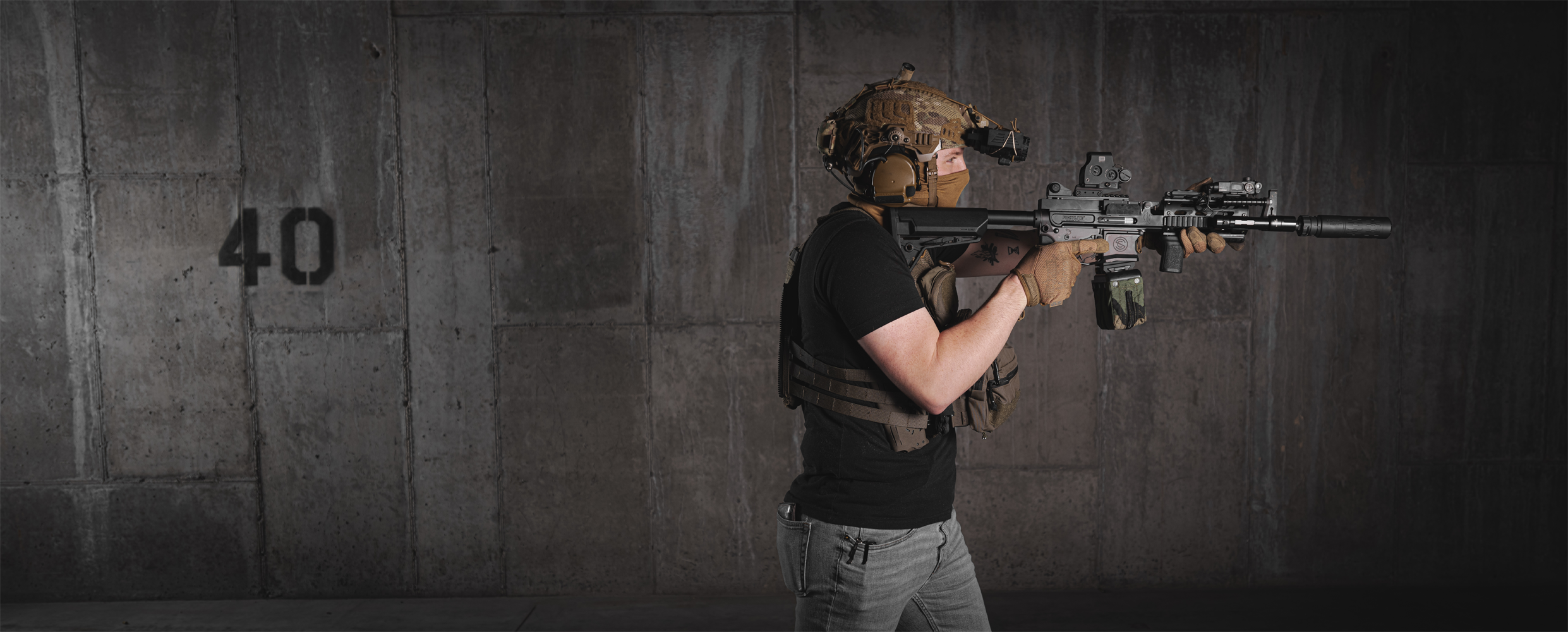
Considerate Shooting: The Value of Suppressors at the Range
Using a suppressor at the range is beneficial not just for you but for everyone around you. Think about those times when your range neighbors were less than considerate. We’ve all encountered folks who make the shooting experience less enjoyable.
On the other hand, we all appreciate those who conduct themselves well at the range. When you’re properly equipped, including using a suppressor when possible, it adds to the overall positive experience and earns the appreciation of others. Plus, you set a good example — some might even follow your lead.
Of course, not every firearm can be suppressed. Even in a decent-sized gun collection, only a few may be suppressor-compatible, and suppressors are often caliber-specific. But you work with what you have. I’m not suggesting you rush out to buy a suppressor just to be nicer at the range—that’s unnecessary. However, if you already own one, using it offers clear advantages, including the respect and comfort of your fellow shooters.






